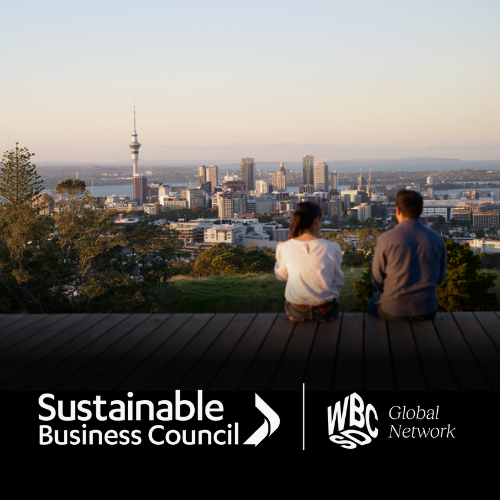Tools to employ youth help business make a social impact
Sustainability is more than just good stewardship of the environment. It means thinking about the people you employ and the communities where your business operates.
Sustainability is more than just good stewardship of the environment. It means thinking about the people you employ and the communities where your business operates.
In 2017, our members told us that they wanted to know more about ways to help the most excluded and disadvantaged groups in their communities. One of the areas of greatest opportunity for business to help is through employment.
Ensuring that everyone in your communities has the chance to take up meaningful work can help towards achieving “decent work and economic growth”, eighth in the UN-developed Sustainable Development Goals. Achieving these goals can strengthen the fabric of society, generating benefits well beyond the initial investment by business.
We know that inclusive employment policies also make businesses stronger, by bringing in different perspectives. Your customers are diverse, so your staff should be as well.
As I said in back in July, the level of unemployment of youth is relatively high compared to the rest of the population. But helping young people get a good start in their careers will set them up for success. We found that employers wanted to employ more young people, but didn’t know how to reach them or how to get them into work. Some standard employment processes are difficult for young people to navigate, for example the requirement to have a drivers licence or to apply online.
Reaching young people
We have been working with our members to create resources and checklists to help increase employment, particularly youth employment.
This resulted in our recently-launched Youth Recruitment and Employment Toolkit, which contains practical steps that employers can take to make it easier to bring young people on board. These steps include where to advertise, suggestions for application forms, interview questions and reference checks, and information about subsidies for employing young people.
Jody Hamilton launches the Toolkit at our recent Annual Council Meeting
Starting out in the workforce can present challenges for young people such as budgeting, dealing with public transport or organizing childcare. The Toolkit contains conversation starters to help employers have an open and honest conversation about some of these challenges.
These tools will help businesses to get more young people on board. Then once you have hired someone and get to know them, it will become clearer what training and supports they need.
The most important thing you can give new employees is time, so make sure their immediate supervisor will have the time to assess, plan and offer support to new staff. Some of our members have set up in-house buddy arrangements to undertake these functions.
Now that the Toolkit is complete, over the next 12 months we will be looking at understanding the future of work, eg how will emerging technology affect the skills and capabilities needed in the workforce, in particular automation and artificial intelligence? How do we upskill our workforce for the changing nature of work?
For example, Ports of Auckland are moving to an increasingly automated port, which incidentally will require far less land use than in the past. But they are also asking themselves how this will affect their staff, and are working with people to build their skills for alternative roles and careers.
The changing nature of work is on everyone’s minds. Work is underway on how the education system may need to change, and BusinessNZ is part of the Future of Work Forum to look at the policy challenges presented by technology and climate change. We support business and government working together to address these challenges.
Download the Youth Recruitment and Employment Toolkit
Abbie Reynolds is executive director of the Sustainable Business Council.
Originally published in Business Plus magazine.
Contact: By Abbie Reynolds, Executive Director, Sustainable Business Council
Phone: +64274559104
Email:

